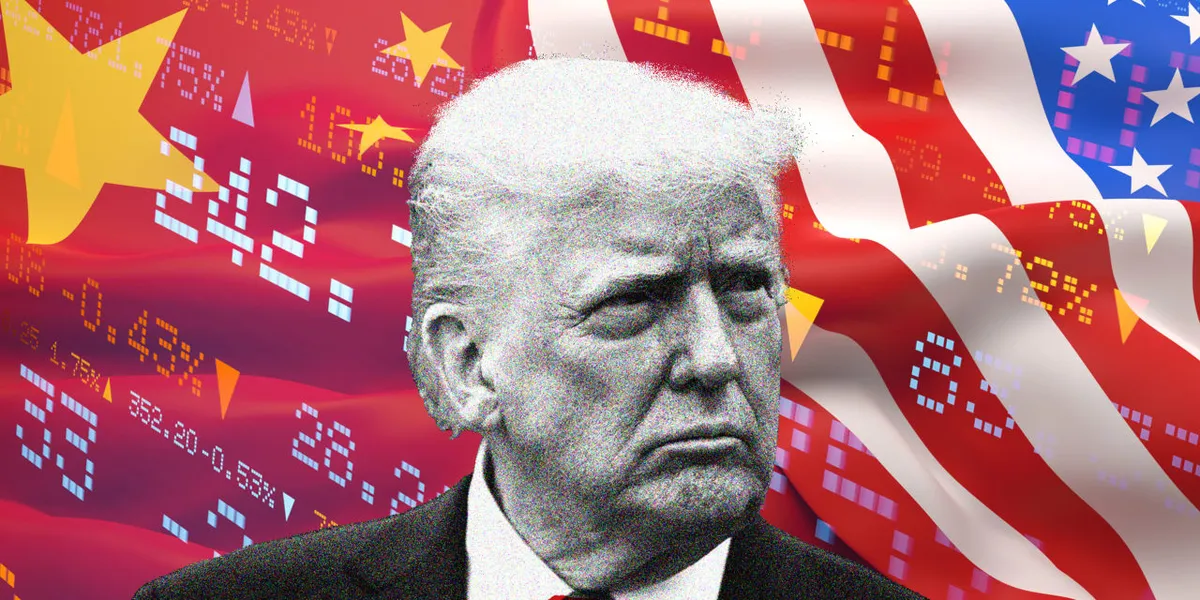
Despite a recent rally in stocks, many investors are finding it difficult to maintain enthusiasm. The prevailing sentiment is overshadowed by ongoing tariff uncertainty, which has raised concerns about the future of the U.S. economy. As markets react to various factors, the focus remains on the implications of President Donald Trump’s tariffs, announced on April 2, which could pose significant risks to economic stability.
In the coming week, investors will turn their attention to crucial economic reports that include data on jobs, inflation, and gross domestic product (GDP). While these reports are vital for understanding the current economic landscape, they are largely backward-looking. This means that the data will reflect past performance, which may not accurately indicate future trends, especially in light of the looming tariff situation.
The uncertainty surrounding tariffs is a significant concern among investors. Many fear that the sweeping tariffs could lead to future damage to the economy, affecting various sectors and overall market performance. As companies navigate these challenges, the potential for increased costs and reduced consumer spending could weigh heavily on economic growth.
Given the current climate, investor sentiment remains cautious. The recent stock market rally may not be enough to alleviate concerns about the broader implications of tariffs. As reports on jobs, inflation, and GDP are released, market watchers will be eager to assess whether these indicators can counterbalance the negative sentiment surrounding tariff policies.
In conclusion, while the stock market has shown signs of recovery, the overarching tariff uncertainty continues to pose challenges. As upcoming economic data is scrutinized, investors will need to remain vigilant and consider the potential long-term effects of these policies on the U.S. economy.